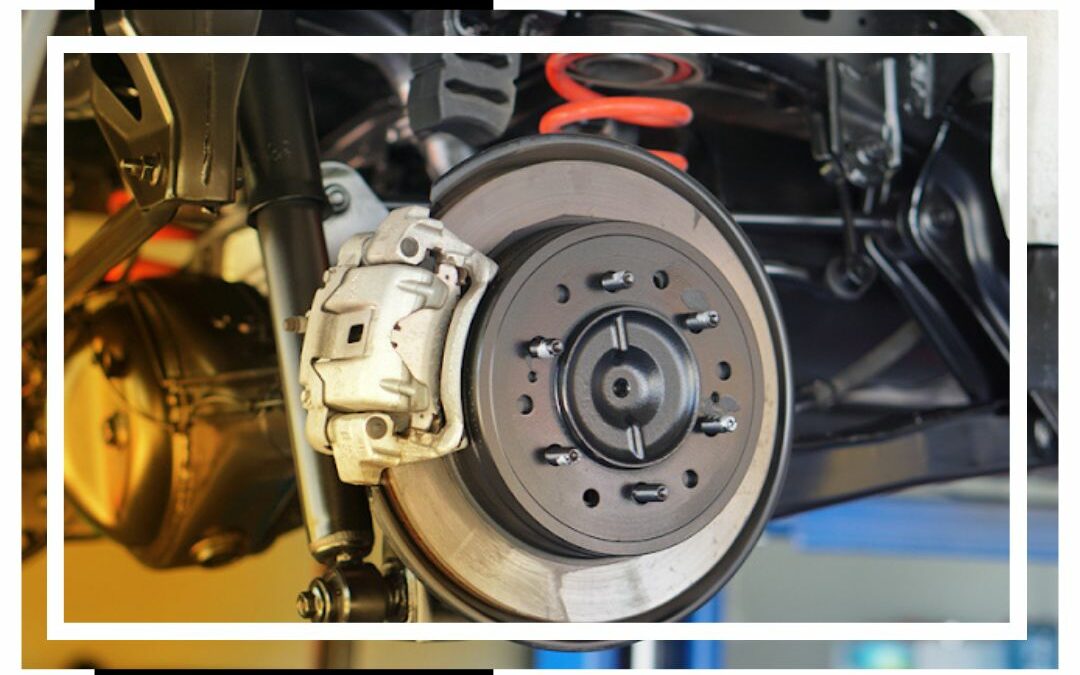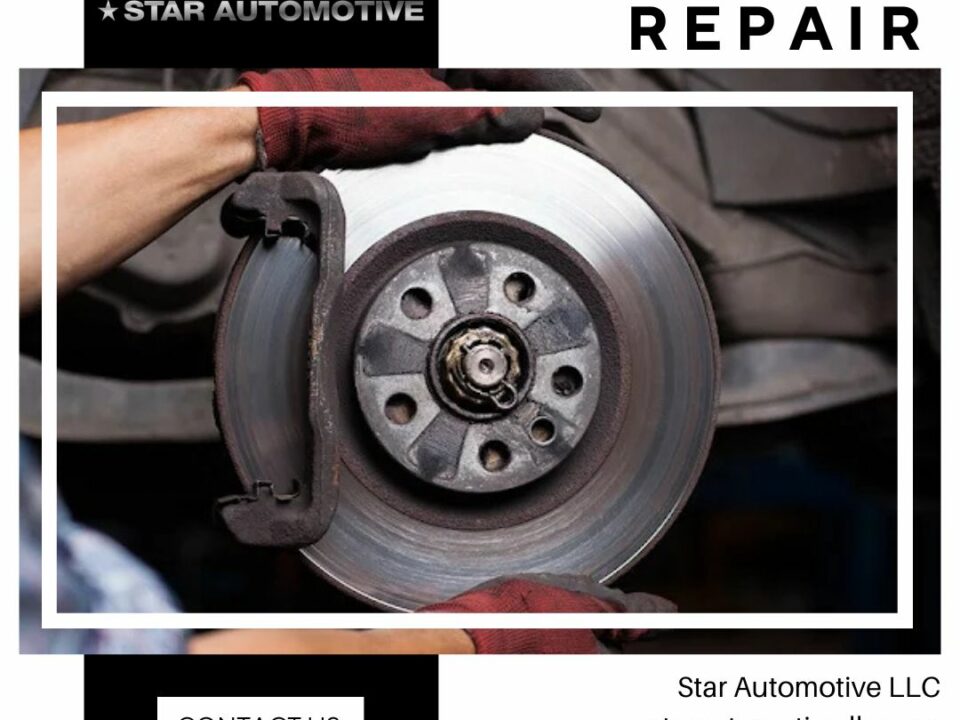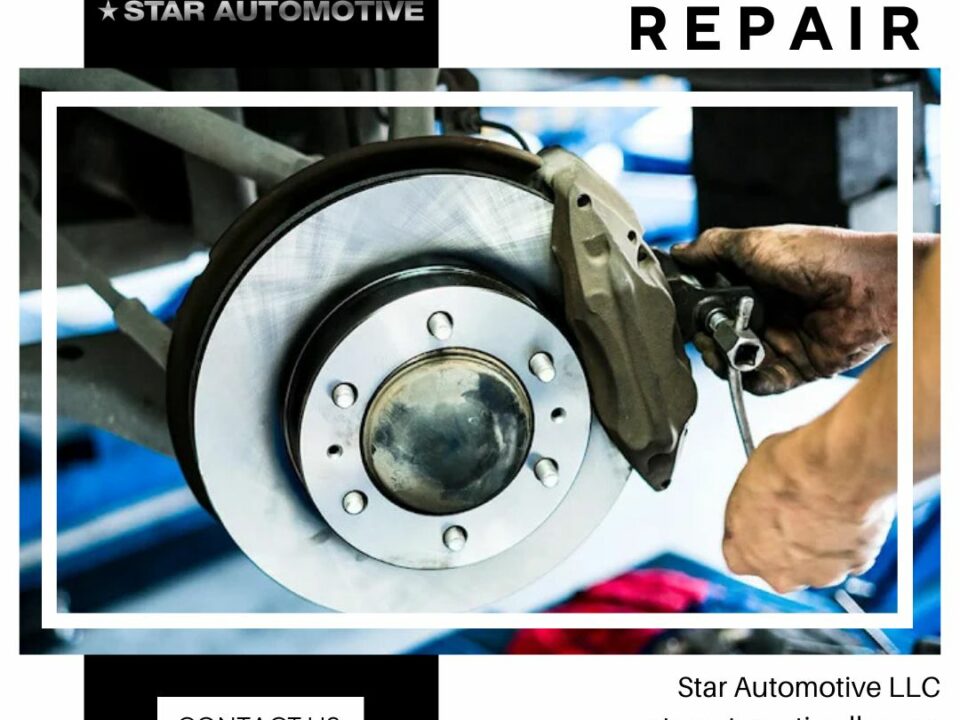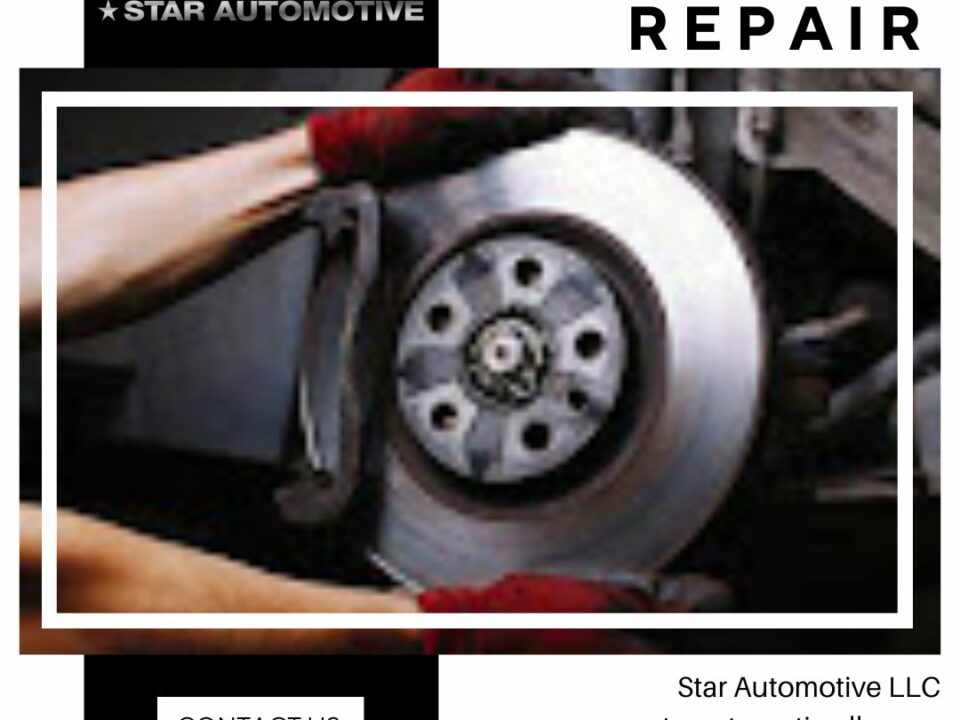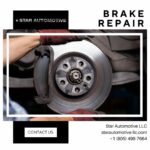
Key Brake Components to Check During Toyota Brake Repair
July 16, 2025When was the last time you checked your brake fluid?
While brake pads and rotors often steal the spotlight, brake fluid is just as essential—especially in a Toyota. Whether you drive a Camry, Corolla, or Highlander, proper brake fluid maintenance is key to safe stopping and long-term performance. If you’re investing in brake repair, ignoring the fluid means you’re only doing half the job.
Let’s explore why brake fluid matters, how it affects your Toyota’s braking system, and when to service it.
🚗 What Brake Fluid Does in Your Toyota
Brake fluid is a hydraulic fluid that transfers force from the brake pedal to the brake pads. When you press the pedal, the fluid compresses and activates the calipers, which then press the pads against the rotors to stop the vehicle.
Toyota models use DOT 3 or DOT 4 brake fluid, both of which are hygroscopic—meaning they absorb moisture over time. Moisture in the system lowers the fluid’s boiling point and leads to corrosion inside brake lines and calipers.
🔍 Signs You May Need Brake Fluid Service
During routine brake repair, your mechanic should always check the brake fluid condition. Here are a few signs it may need attention:
-
Spongy or soft brake pedal
-
Longer stopping distances
-
Brake warning light on the dashboard
-
Discolored fluid (should be clear to light amber)
If you experience any of these issues, your Toyota may be due for a brake fluid flush.
🛠 When to Replace Toyota Brake Fluid
Toyota generally recommends flushing brake fluid every 2–3 years, even if your brakes feel fine. This ensures clean, moisture-free fluid circulates through the system, protecting key brake components like the master cylinder, ABS modules, and calipers.
Small Component, Big Impact
Brake fluid may not be visible on your daily checklist, but it’s a core part of any safe and effective brake repair—especially for Toyotas, known for their performance and reliability.
📞 Schedule a brake inspection today and ask your mechanic to check the fluid—because real stopping power starts with what’s flowing beneath the surface.
Don’t wait until your brakes feel off—stay ahead with proactive maintenance.
READ MORE:

